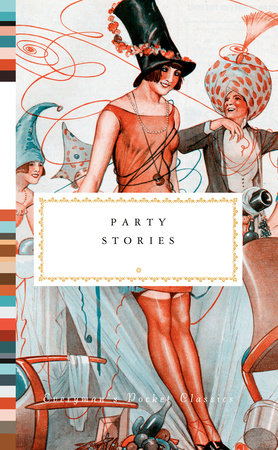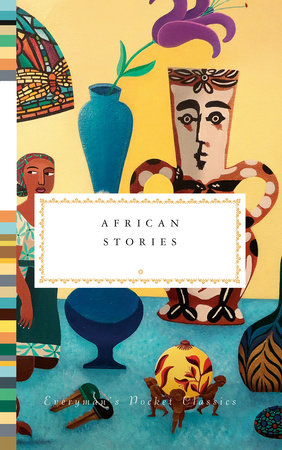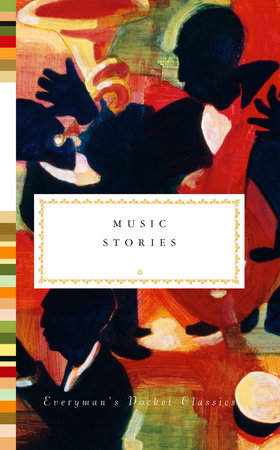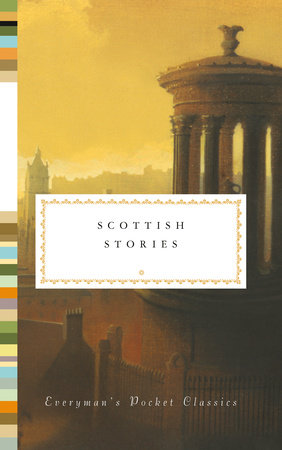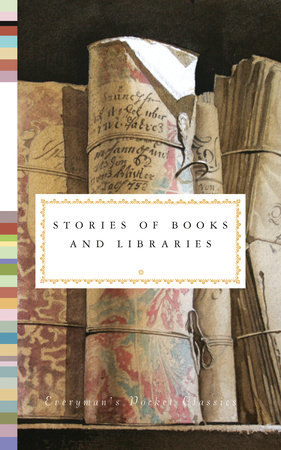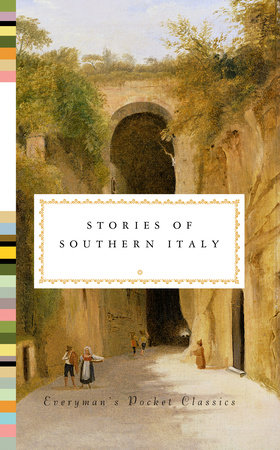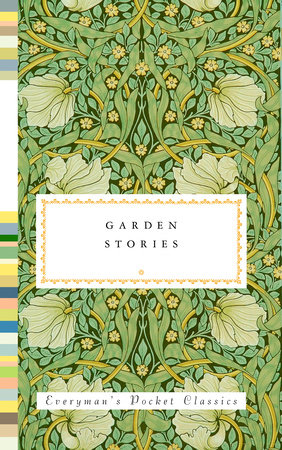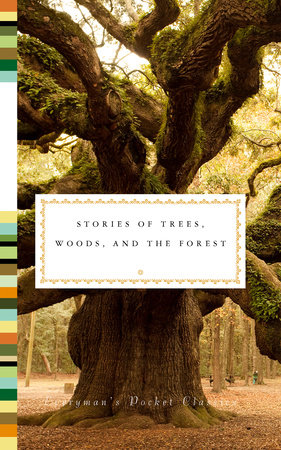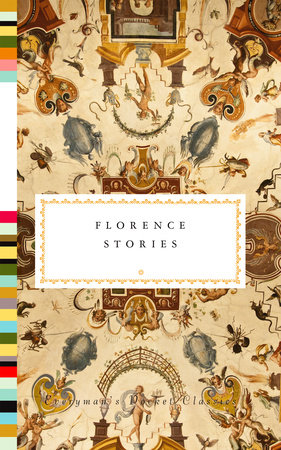The Best Medicine
Stories of Healing
Edited by Theodore Dalrymple
Hardcover
March 9, 2021 | ISBN 9780593318584
AmazonBarnes & NobleBooks A MillionBookshop.orgHudson BooksellersPowell'sTargetWalmart
About the Book
This unique anthology gathers fictional tales of sickness and of healing, both physical and psychological, from a wide variety of times and perspectives. Some of these writers were themselves physicians, notably Anton Chekhov, Arthur Conan Doyle, Somerset Maugham, William Carlos Williams, and Mikhail Bulgakov. Bulgakov's story, taken from A Country Doctor's Notebook, draws on his early experience as a young doctor in rural Russia a century ago, while Anna Kavan's story, from her collection Asylum Piece, is based on her experience of mental illness. Guy de Maupassant, Robert Louis Stevenson, Rudyard Kipling, Joseph Conrad, Graham Greene, J. G. Ballard, Robert Heinlein, and Lorrie Moore are among the other writers of medical adventures that fill these pages. From Chekhov's "A Doctor's Visit" and William Carlos Williams's "The Paid Nurse" to Dorothy Parker's "Lady with a Lamp," O. Henry's "Let Me Feel Your Pulse," and Jhumpa Lahiri's "Interpreter of Maladies," the stories gathered here are peopled by a colorful and varied cast of doctors, nurses, and patients.
Everyman's Library pursues the highest production standards, printing on acid-free cream-colored paper, with full-cloth cases with two-color foil stamping, decorative endpapers, silk ribbon markers, European-style half-round spines, and a full-color illustrated jacket.





